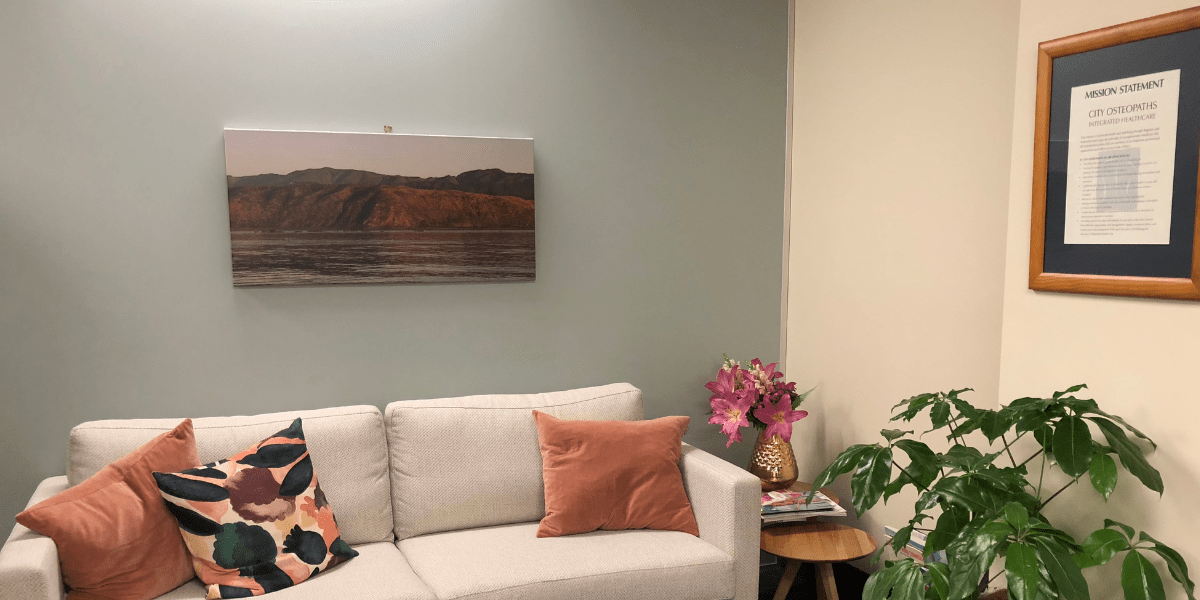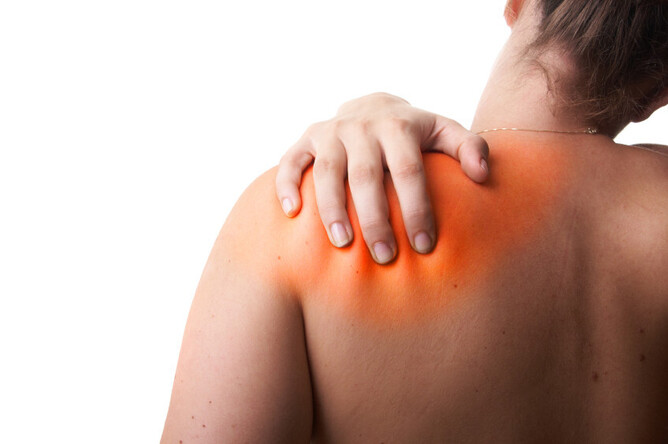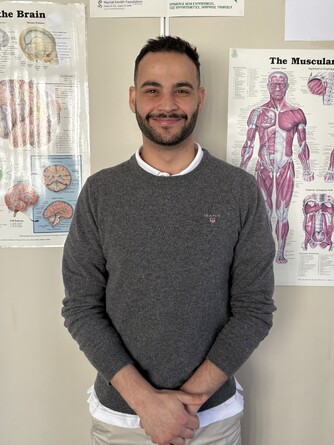What is shoulder impingement?
Shoulder impingement happens when soft tissues in your shoulder get pinched, usually when you raise your arm. This can cause pain, especially with overhead movements like reaching, lifting, or throwing.
A Simple Look at the Anatomy
Your shoulder is the most mobile joint in your body. It’s where your upper arm bone (humerus) connects to your shoulder blade (scapula), forming what’s called the glenohumeral joint.
Above this joint is a bony part of the shoulder blade called the acromion, which forms a roof over the top of the joint. The small space between the arm bone and the acromion is known as the subacromial space—and this is where shoulder impingement happens.
But what exactly gets impinged or pinched?
Several important soft tissues sit in the subacromial space. When this space becomes too narrow, these structures can get compressed or irritated:
• The supraspinatus tendon (part of your rotator cuff)
• The biceps tendon (specifically the long head)
• The subacromial bursa (a small fluid-filled sac that helps reduce friction)
So, what causes an impingement?
These structures can become impinged when the subacromial space narrows. This occurs when we raise our arm above our shoulders, usually above 90 degrees. Considering this, the most common causes of shoulder impingements include:
- Repetitive overhead activities such as:
o Throwing or catching a ball
o Rock climbing
o Swimming
o Painting
- Lifting heavy objects
- Poor shoulder blade movement
- Shoulder joint instability
- Bony spurs
- Thickening of the shoulder ligaments or tendons
How can osteopathic treatment help?
An osteopath will start by carefully assessing your shoulder to understand which structure is being irritated and why. They’ll check your movement, posture, and the way your shoulder blade and arm work together.
Once they identify the root cause of the impingement, they’ll use hands-on techniques to improve joint movement, reduce inflammation, and release tight muscles. They’ll also give you specific exercises to strengthen and support your shoulder, helping to:
• Improve your shoulder movement
• Reduce pain and inflammation
• Increase the space in the shoulder to prevent future impingement
With the right treatment and guidance, shoulder impingement can often be resolved without the need for injections or surgery.
Find out more about Tory here.



